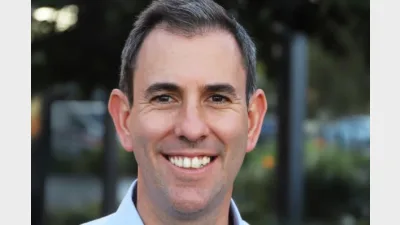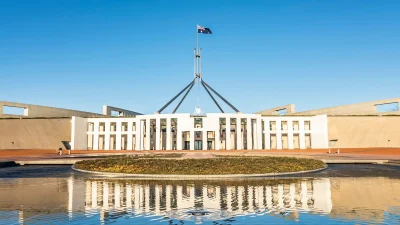Emerging markets need to be considered separately: Riedel


Emerging markets equities should not be thought of as an investment basket, but rather as separate markets that represent individual opportunities and challenges, according to Riedel Research founder David Riedel.
Speaking at the van Eyk research conference in Sydney yesterday, Riedel said emerging markets are the single major influence on companies, markets and cycles.
"I would argue that the reason we invest in emerging markets is because we have the confluence of demographics and established business models that can be introduced to provide above average returns," Riedel said.
Emerging market economies are currently entering a third phase of growth, Riedel said.
The first phase started in the 1980s and extended through to the late 1990s, and saw investors taking advantage of labour arbitrage and manufacturing exports that allowed for the cheap production goods for the developed world.
The second phase was characterised by a commodities boom in the 2000s, and revolved around China's growing demand for iron ore and energy, he said.
In the current third phase of development, emerging markets are very much focused on developing infrastructure and dynamic domestic economies that serve their own consumers, Riedel said.
He said these types of markets have strong fiscal positions and the political will to spend and stimulate the economy, something developed nations like the United States and the United Kingdom lack.
Emerging markets like China, Brazil, India, and Indonesia fit this bill, but Russia does not. They have a relatively small population compared to other emerging market economies, and are the only country that Riedel has tracked that has a life expectancy that is declining, he said.
While India has a dynamic domestic economy and a large population with attractive demographics, they have struggled to put into place large-scale infrastructure projects that they need to unlock their growth potential, he added.
"It's standing in the way of them inheriting some of that manufacturing work that China is turning away from," he said.
"China has one of the fastest aging populations in the world - they can no longer afford to be a low cost manufacturing centre of the world."
Recommended for you
Treasurer Jim Chalmers has handed down his third budget, outlining the government’s macroeconomic forecasts and changes to superannuation.
The central bank has announced its latest rate decision amid stubborn inflation and increasing geopolitical tension.
Government has introduced a bill to Parliament to legislate the first stream of the QAR reforms.
ASIC now has a 1:1 ratio when it comes to court success in the enforcement of crypto activities and more action is expected as Treasury seeks to introduce a regulatory framework.















